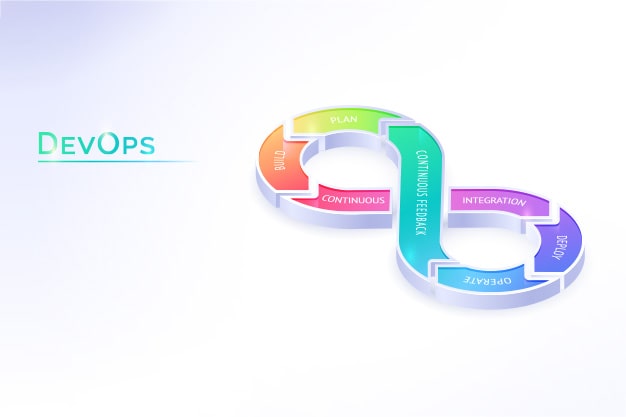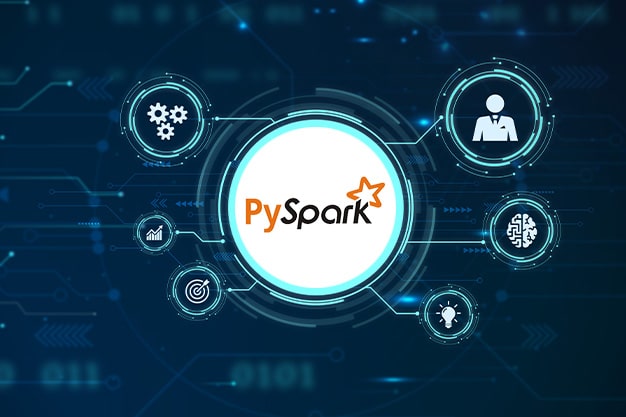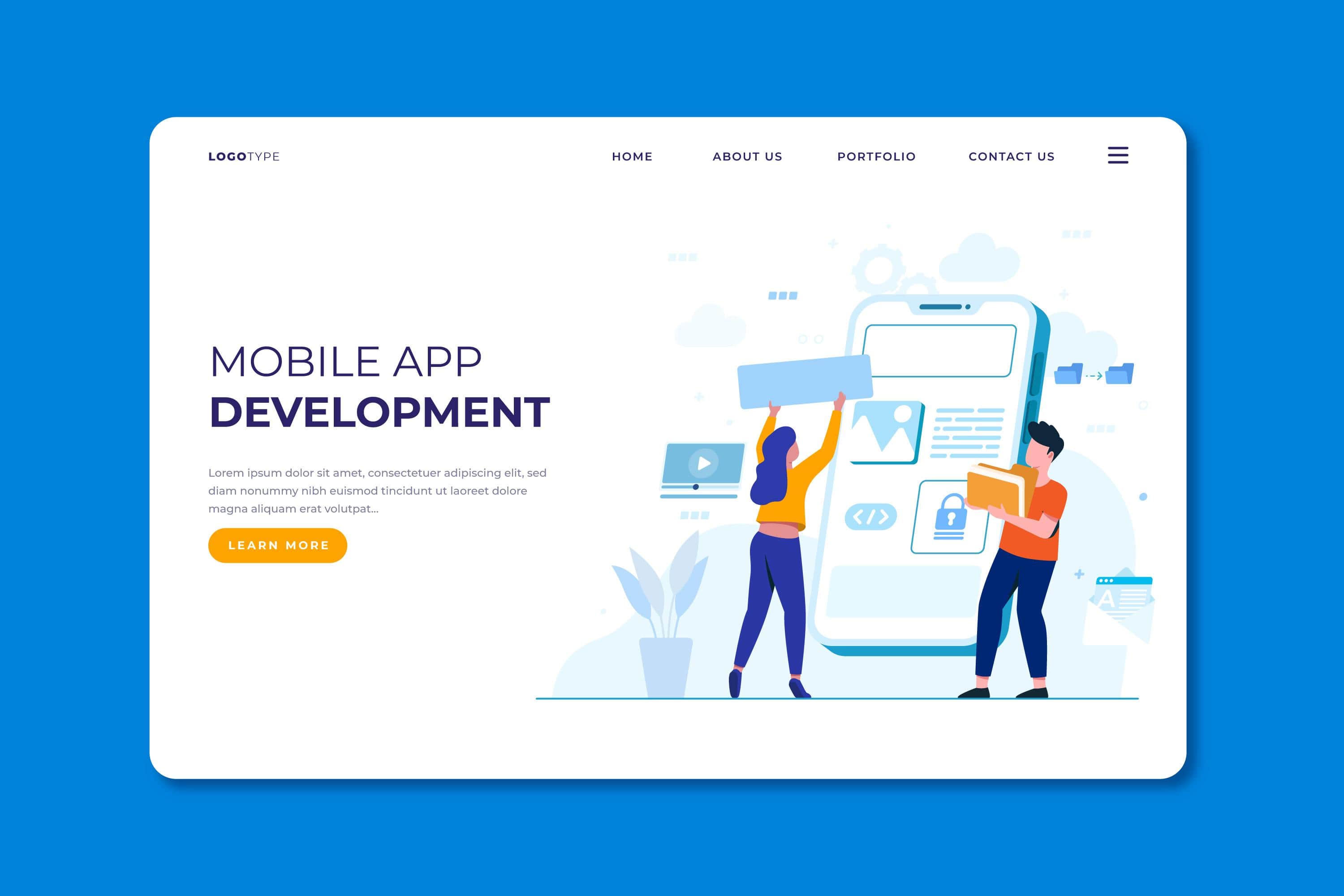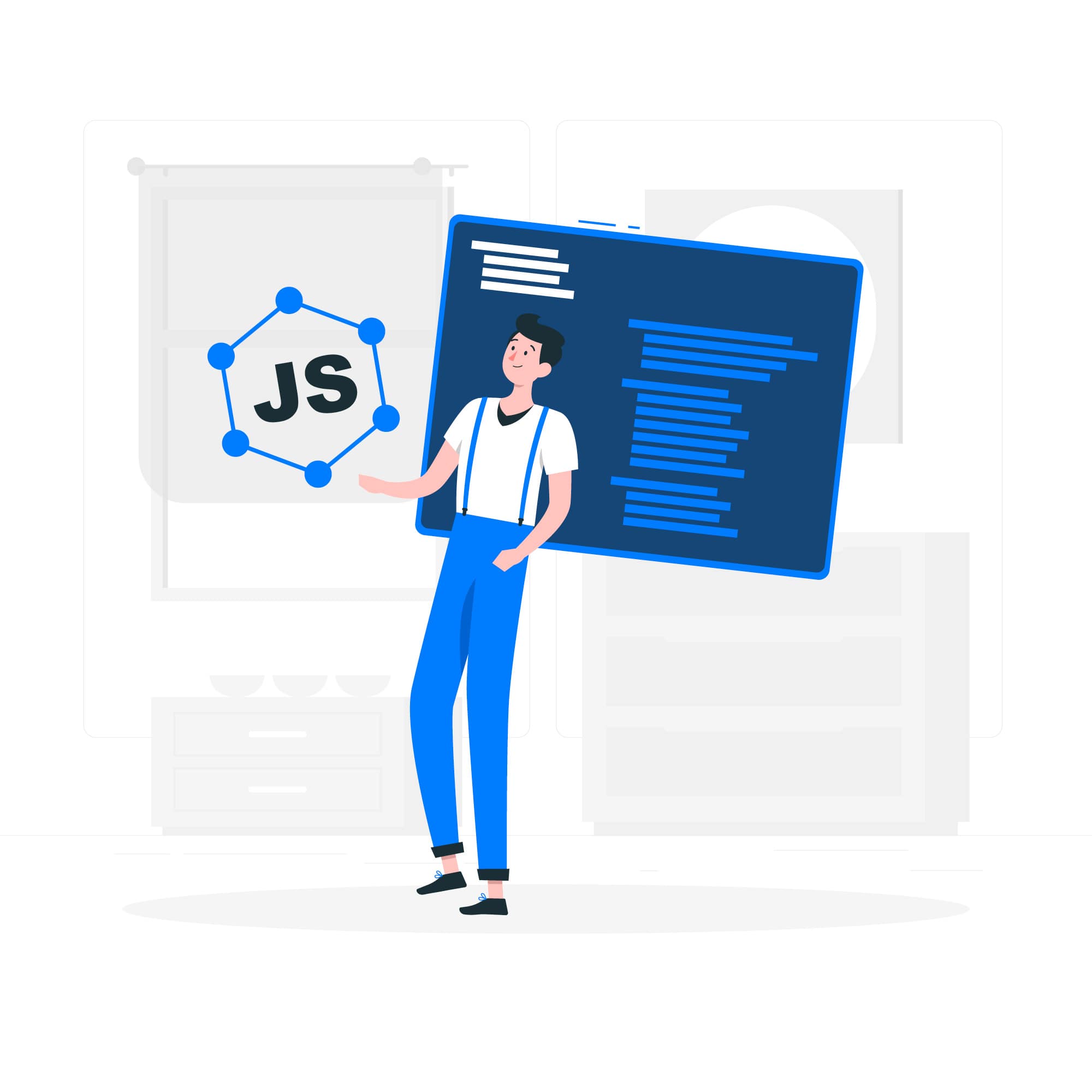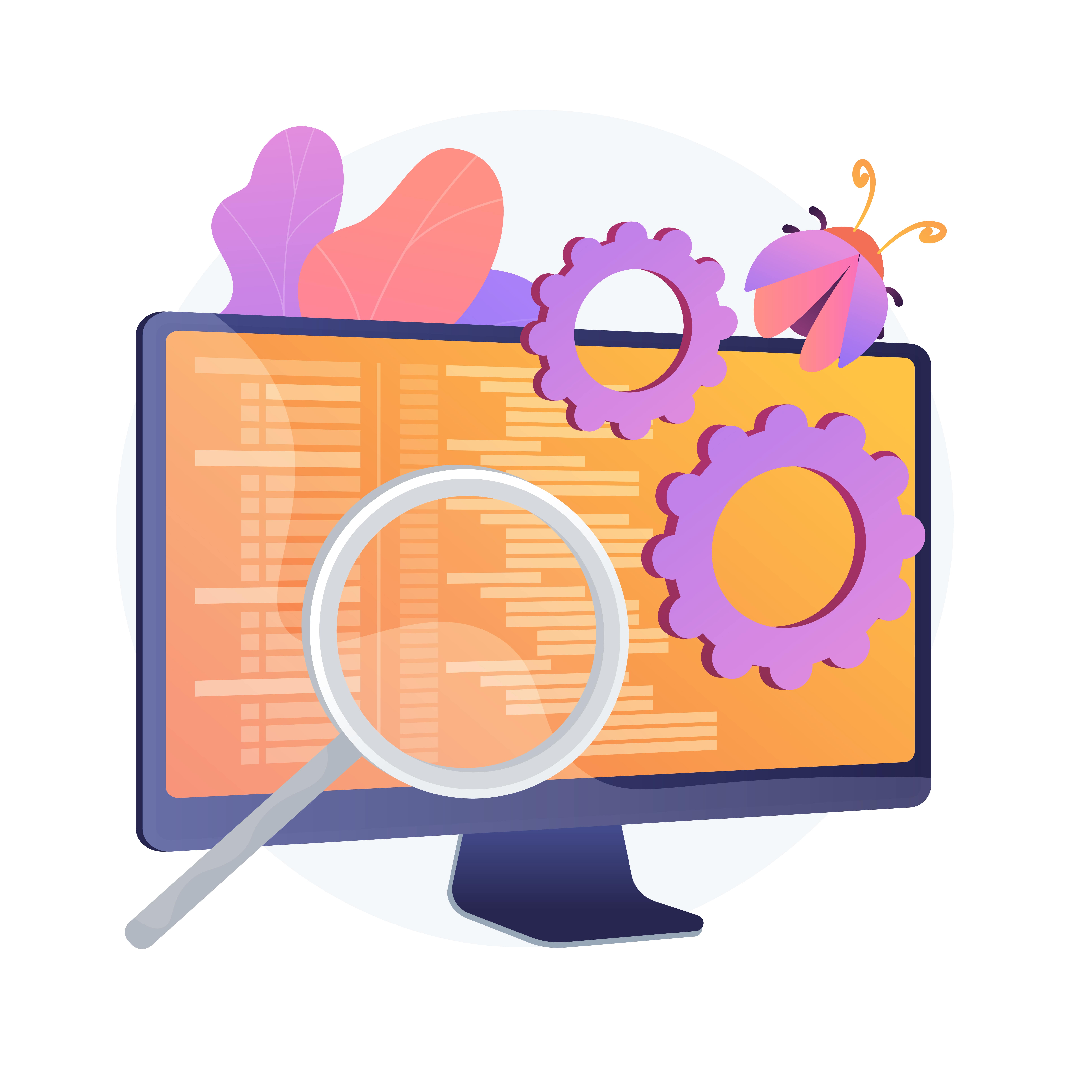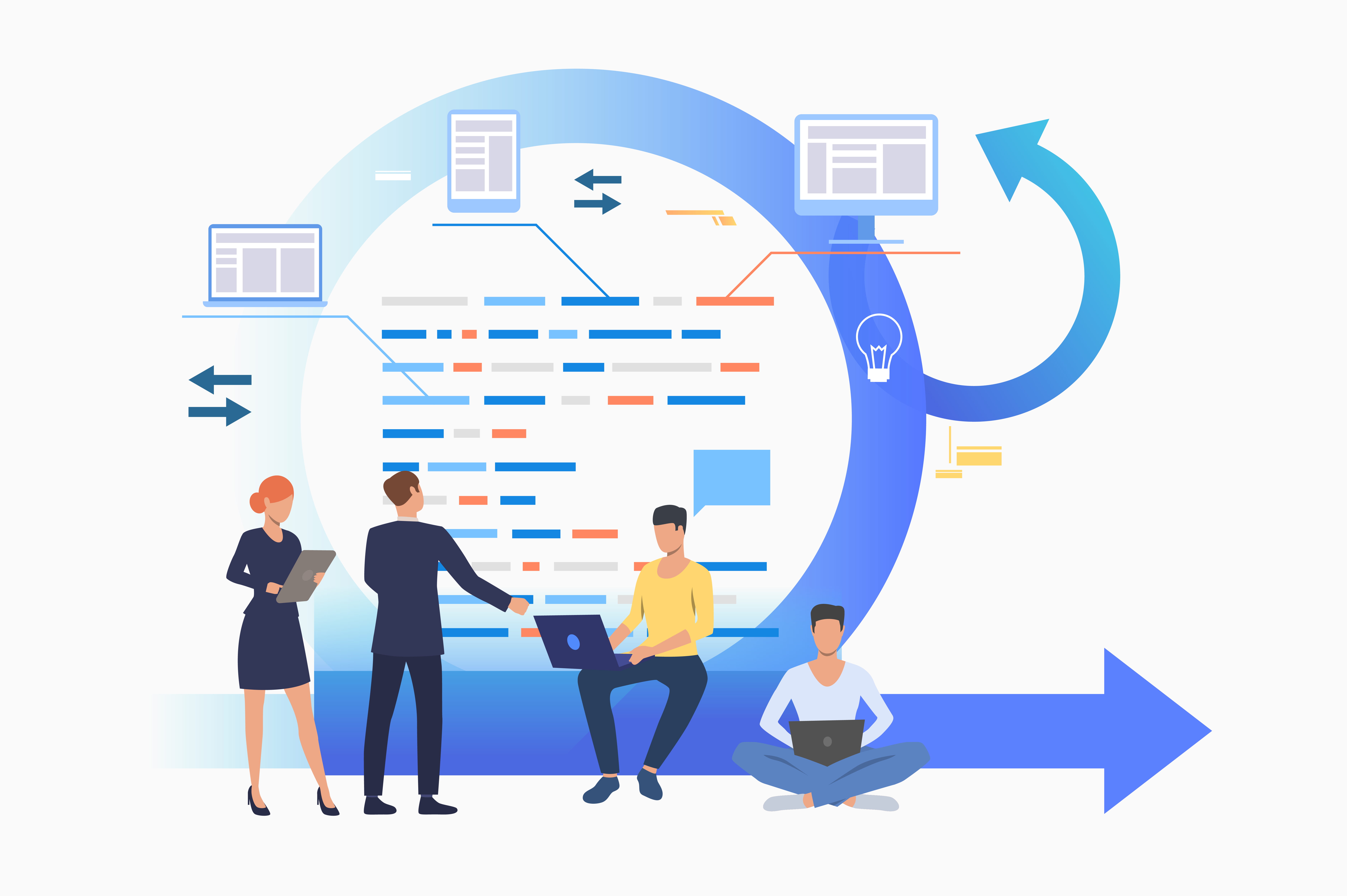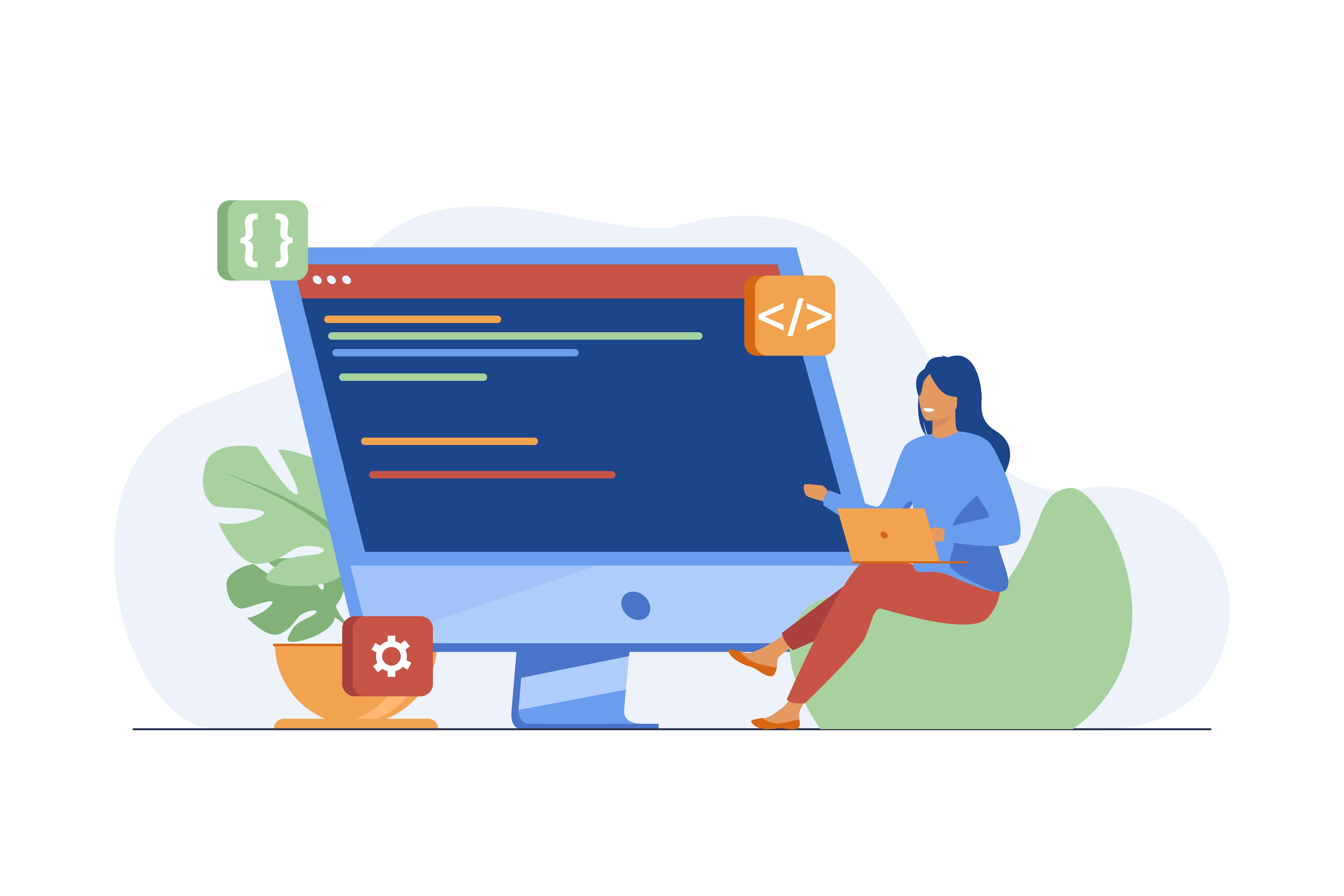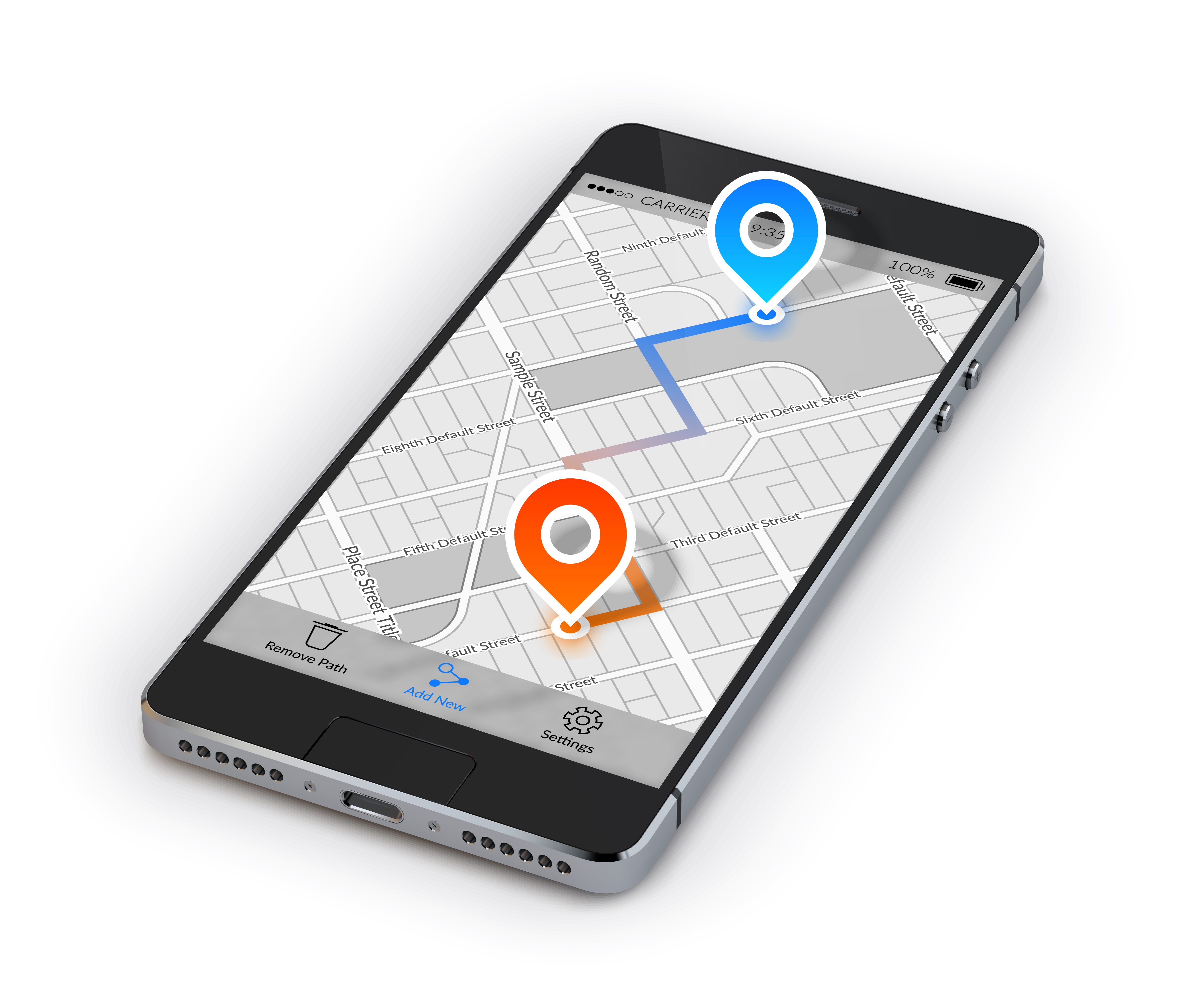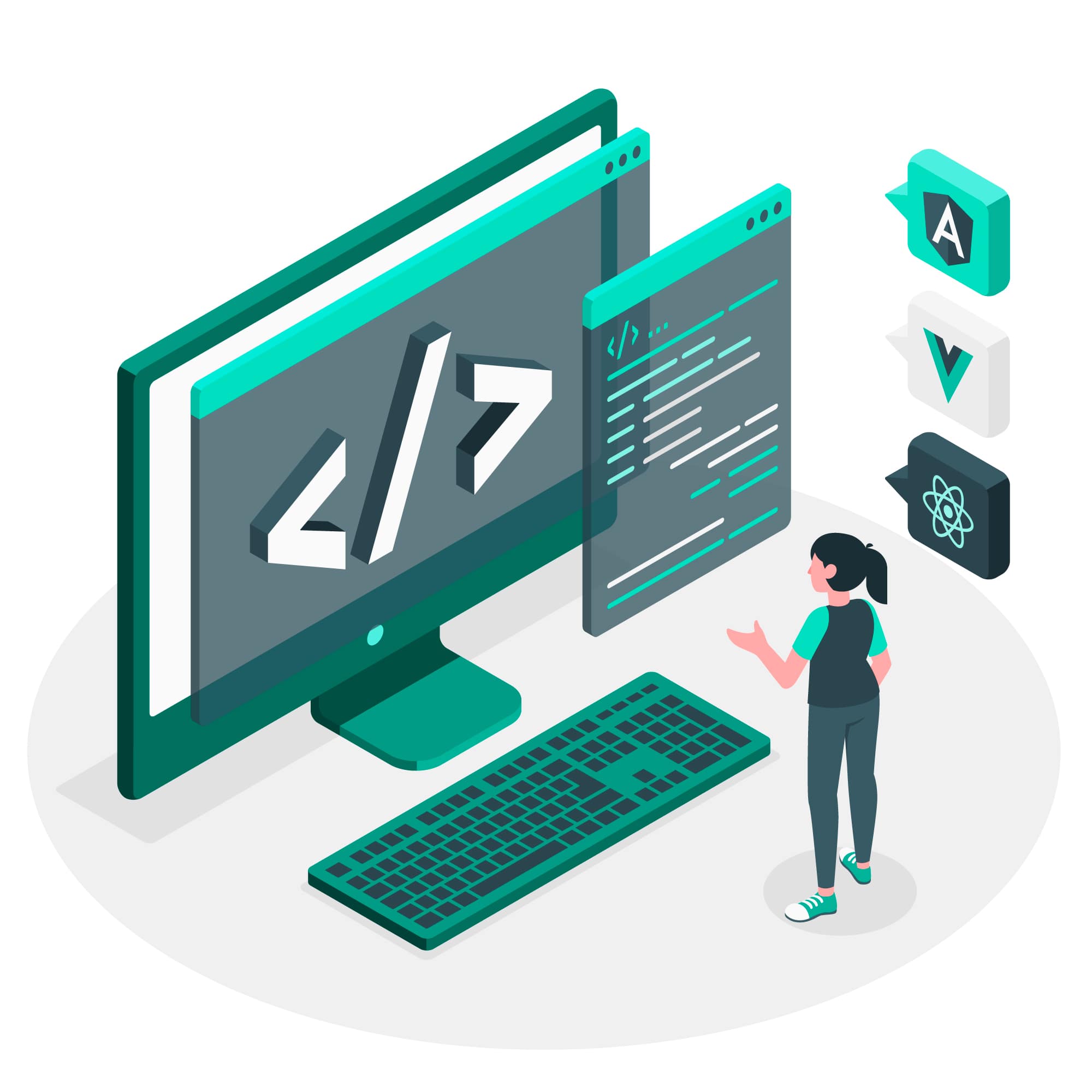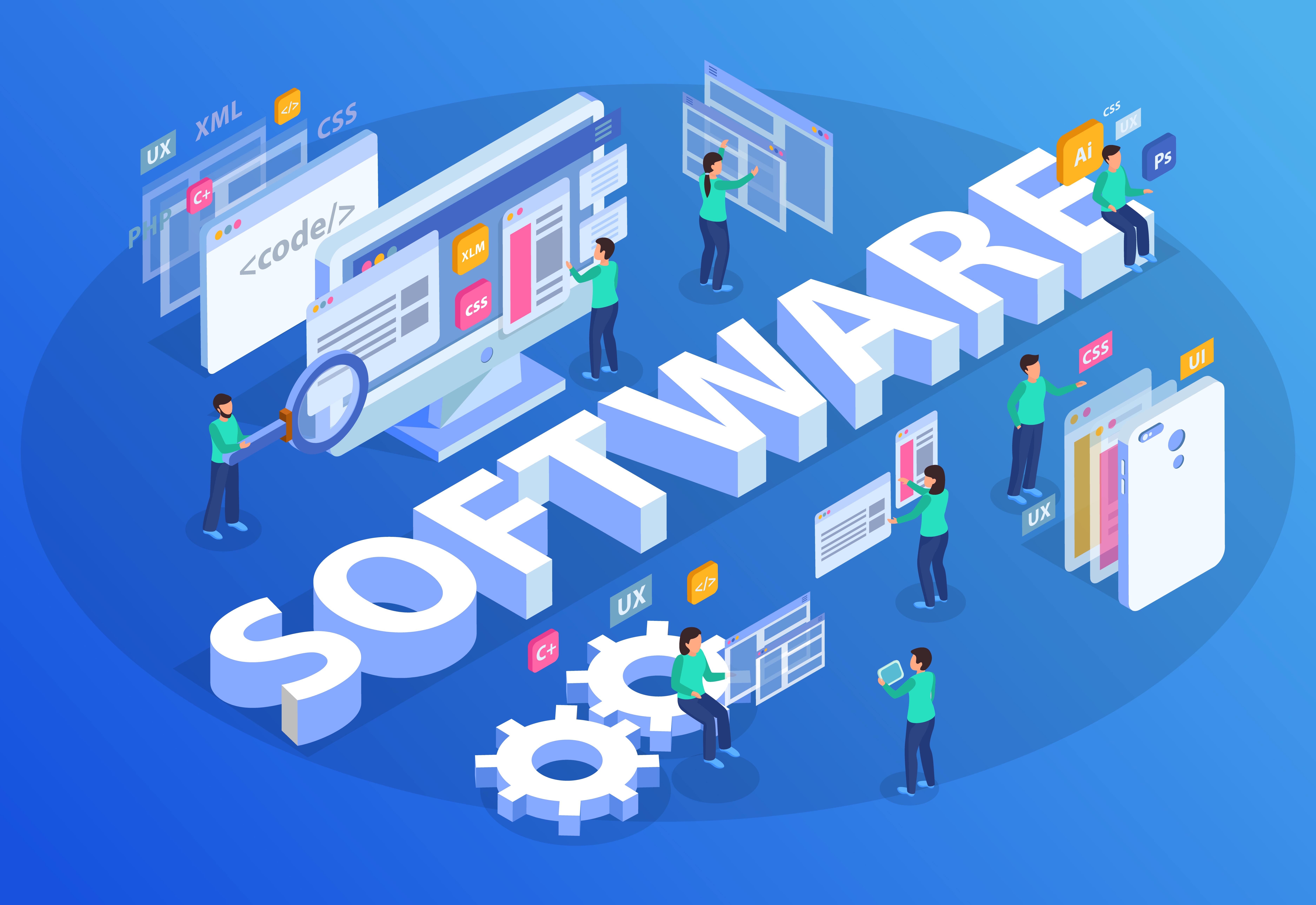
What is PL SQL course?
The Oracle Database PL/SQL certification is a highly valued qualification that provides demanding skills and knowledge. projects using the most advanced features of this programming language.
What is PL/SQL?
PL/SQL is a block-structured language that allows developers to combine SQL functions with procedural commands; it is a database-oriented programming language that extends SQL applications with procedural functions PL/SQL offers excellent performance and error handling, its nesting possible block structures.
Why use PL/SQL?
Oracle database applications can only work with accurate and complete data. The most efficient way to achieve this is to expose the database only through an interface that hides implementation details. This is known as the smart database paradigm, as data can only be inspected and modified through the PL/SQL interface.
Why do I need to obtain this certificate?
The Oracle Database PL/SQL certification provides a thorough understanding of the PL/SQL language, its architecture, functions, interaction with the SQL engine, programming structures, and data types. This certificate demonstrates knowledge of topics such as complex data types, dynamic cursors, external procedures, functions, and security considerations. It also demonstrates knowledge of performance-related features such as caching, concurrency, and profiling.
Certification of PL/SQL applications
The PL SQL certification is useful for different types of professionals.
For developers
A SQL developer has access to SQL, PL/SQL, Java stored procedures, and XML. They can execute queries, create execution plans, and export data in a variety of formats including XML, HTML, and PDF. They can also run, debug, test, and document database programs.
About DBA
Since the release of version 3.0, SQL Developer is no longer just for application developers. DBA provides a suite of interfaces for database administrators to perform their most important tasks: Oracle Auditing, User and Role Management, Oracle Support Auditing, User and Role Management, Recovery Manager (RMAN), Data Paging, and more.
For web application developers and administrators
Oracle SQL Developer allows you to manage Oracle Rest Data Services, create and modify Rest Services, integrate with Oracle APEX, view applications in Application Express, and perform various operations. Oracle SQL Developer allows you to view, export, import, run and install applications.
Benefits of PL SQL
There are many benefits of PL SQL and here we will look at some of them.
Support for SQL
As we know, PL/SQL is an extension of SQL procedural language and fully supports all SQL functions and data types. PL/SQL reduces the amount of network traffic between the database and the application. To understand this better, let's look at a simple example. Suppose you need to update some columns in a table and insert some rows right after. When using SQL, you have to execute two tasks or write two SQL statements, but when you do the same thing in PL/SQL, you write a block or subroutine, and then PL/SQL sends the entire block of statements to be executed at once. This means that we can't send a query at the same time.
Performance
PL/SQL allows you to write complex code to manipulate data. Just like any other scripting language. If you have PL/SQL skills in some Oracle tools, you can transfer them to other Oracle tools.
Portability
PL/SQL code can be easily run on any operating system that supports Oracle databases. There is no need to change anything in the operating system.
High level of security
When you use PL/SQL in your applications, it protects you from unauthorized code changes, hides code details, and restricts code access. Understand by example: - For example. You've given a user a procedure to update data in a table. It changes the data in the table and sees the changes, but it doesn't see the code.

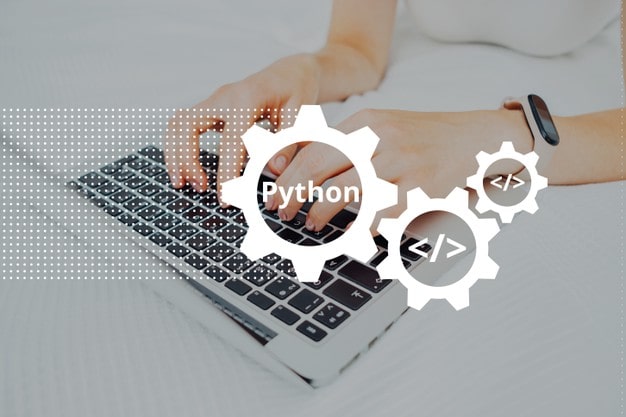
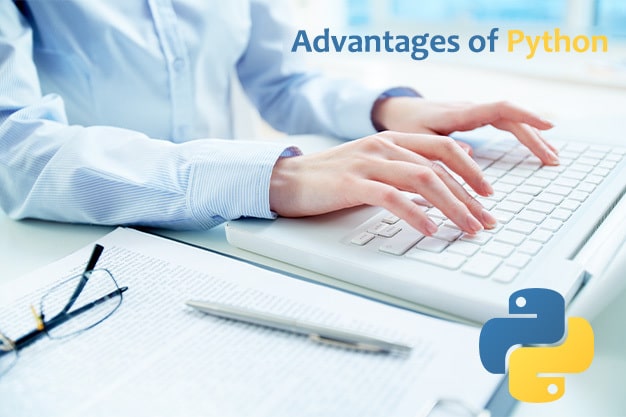

.jpg)

